Mangaluru, Jun 22: Thousands of people including activists of social and political organisations on Wednesday night attended the funeral of Mohammed Ashraf Kalai near Kalai Juma Masjid in Bantwal taluk.
Ashraf, a social activist and SDPI’s Ammunje zonal unit president, was hacked to death by a gang of miscreants at Benjanapadavu in Bantwal taluk on Wednesday morning in broad daylight hours after the former took part in the flag hoisting ceremony as part of the foundation day of his party at Mallur Kalai village.
After conducting post-mortem at A J Hospital in Mangaluru, the body of Ashraf, was handed over to the family members in the evening. After ‘ghusl’, the mortal remains were kept for public viewing on the premises of the Adyar Kannur Juma Masjid in Mangaluru.
Traffic was disrupted for some time on highway at Adyar Kannur when thousands of people thronged the mosque to bid adieu to the murdered activist. Activists of Popular Front of India and SDPI too assisted the police to restore the smooth flow of traffic.
Later, the mortal remains were taken to Kalai through an ambulance and buried near the Juma Masjid. SDPI national general secretary Ilyas Mohammed Thumbey and PFI leader Yasir Hasan were present among others.
Five teams
Inspector-General of Police (Western Range) P. Harishekaran said that the police were working on some clues about the killers of Ashraf Kalai. “Five police teams have been formed to trace them. The police have recovered the machete used to murder Ashraf,” he said.
Mr. Harishekaran said that additional police force has been deployed to maintain peace in Dakshina Kannada. The police will book those carrying sharp weapons. While seeking cooperation from the people in maintaining peace in the region, he said that representatives from two communities should meet him.
Also Read:
Book killers of Ashraf Kalai under UAPA; release Rs 30 lakh compensation: SDPI
Bloodshed continues in Bantwal taluk: SDPI activist brutally hacked to death
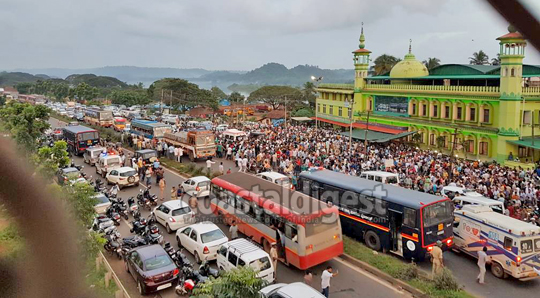
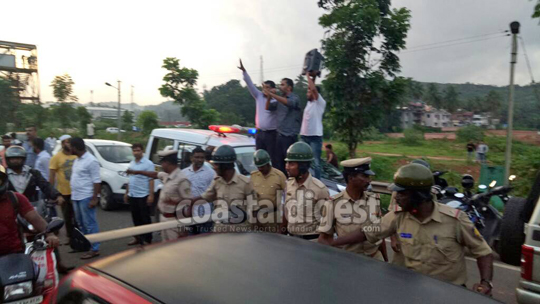
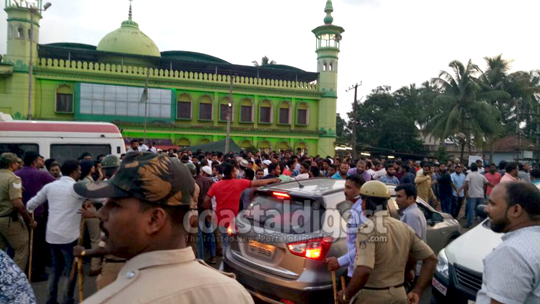
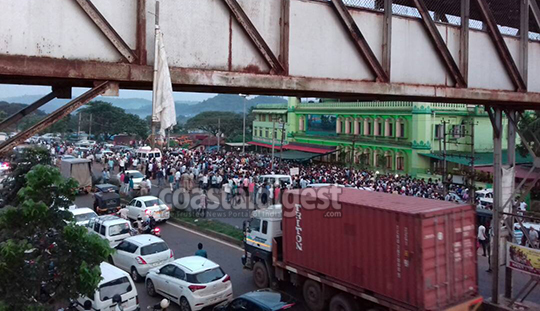
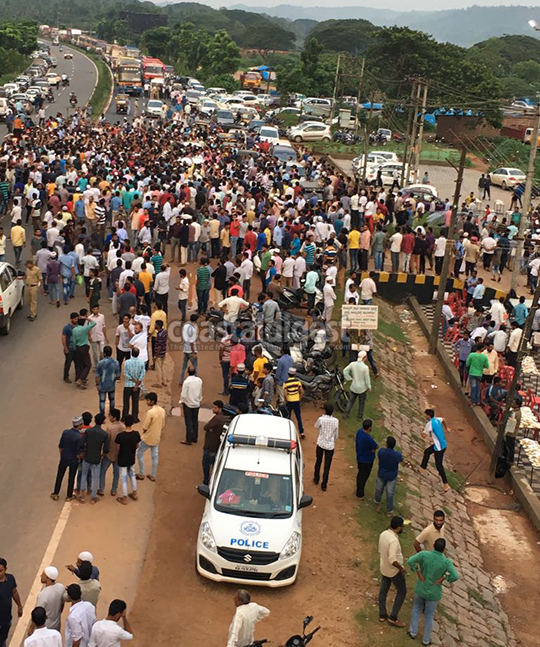
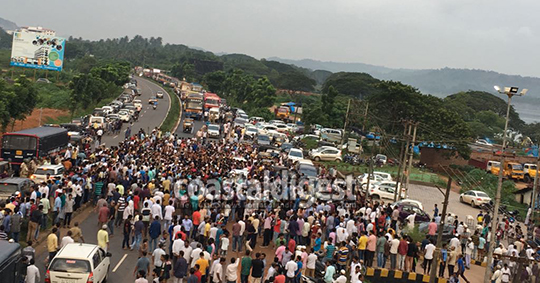
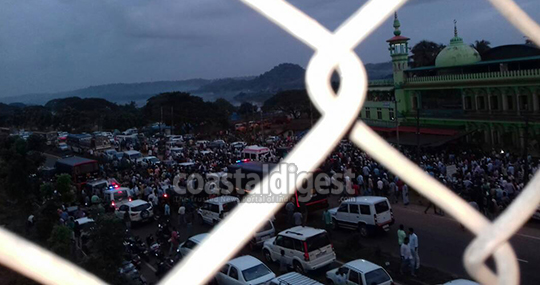



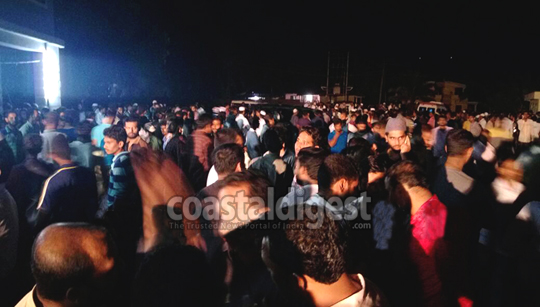

Comments
Everything happens with the Will of ALLAH...
It is very saddening that the Culprit Killed a FASTING muslim.
May ALLAH reward Ashraf with the highest place in Jannah and give strength to his families to cope with the situation.
Muslims should be Patience (Remember Wahshi Story during the time of Prophet) at this time and not disrupt the harmony in the society like the IGNORANTS... The cheddis want us to become violent so that then they can arrest innocent with their 60% cheddi Lickers
We MUSLIMs should give DAWA to the IGNORANTS who create troubles in the society... Invite the BD, RSS members and VHP cadres and Give them DAWA. Cos the True message of ISLAM did not reach such people ... It is easy for the Cheddis to mind wash such people to commit attrocites against innocents.
Chaddis will get hidayah once they are keen to listen, but they are dumb deaf and blind.
Culprits must be punished by law as soon as possible else they must be die like brother Ashraf!!!
Attacking from back is RSS goons birth rights. Attack when he is alone alert about it and surrounded with many people. No you not come to know who headed you.
Add new comment